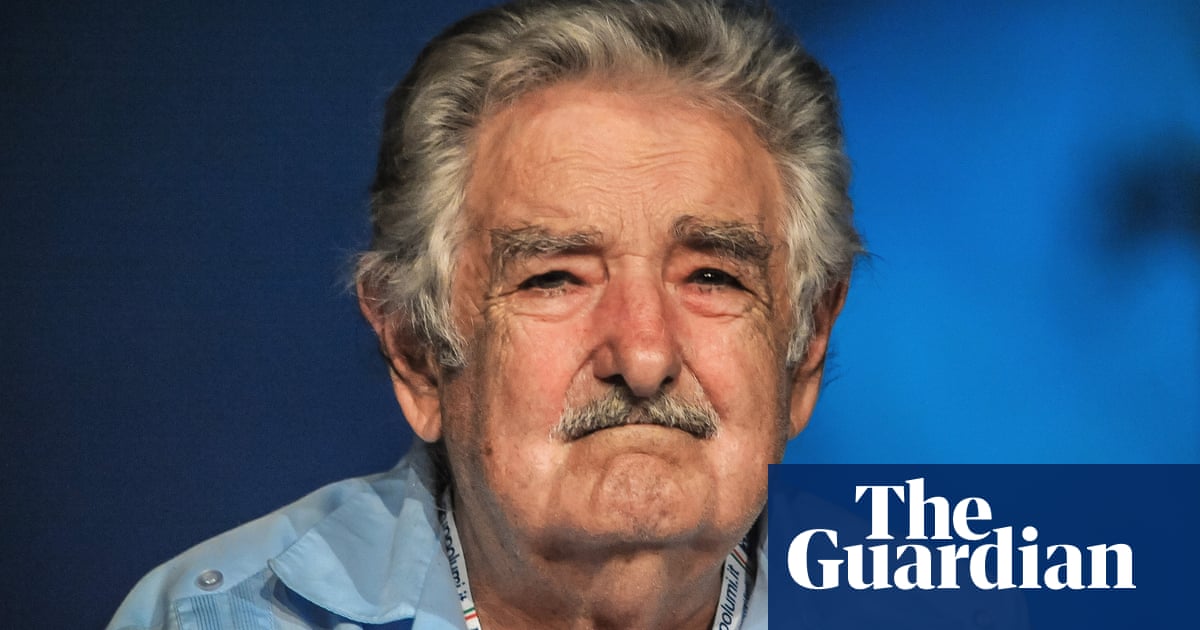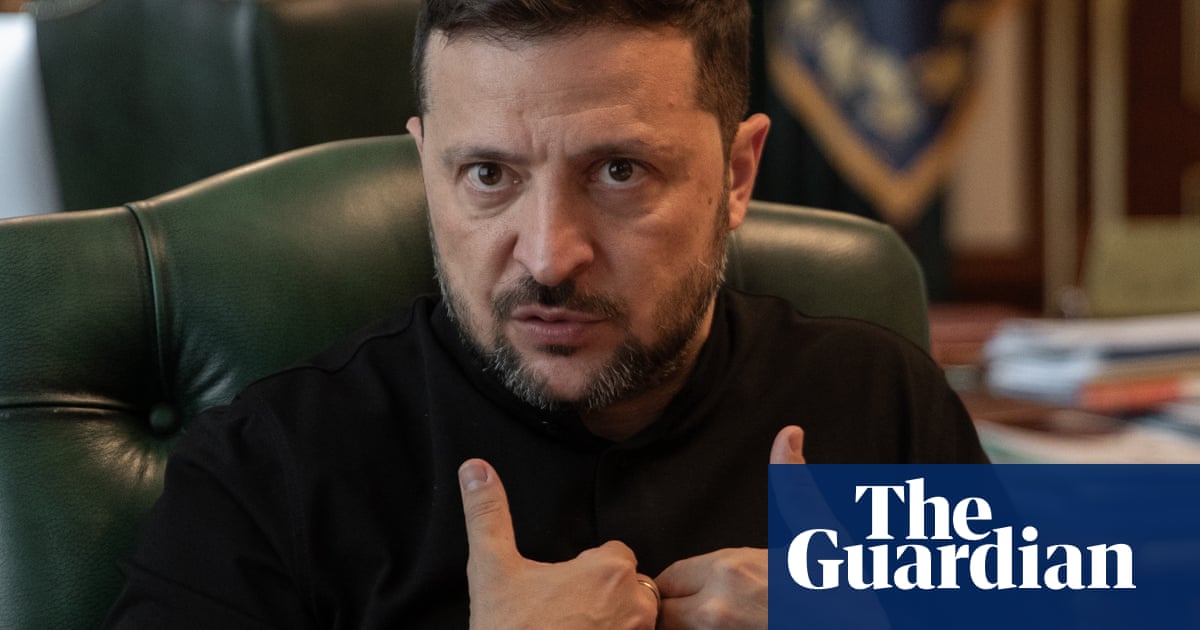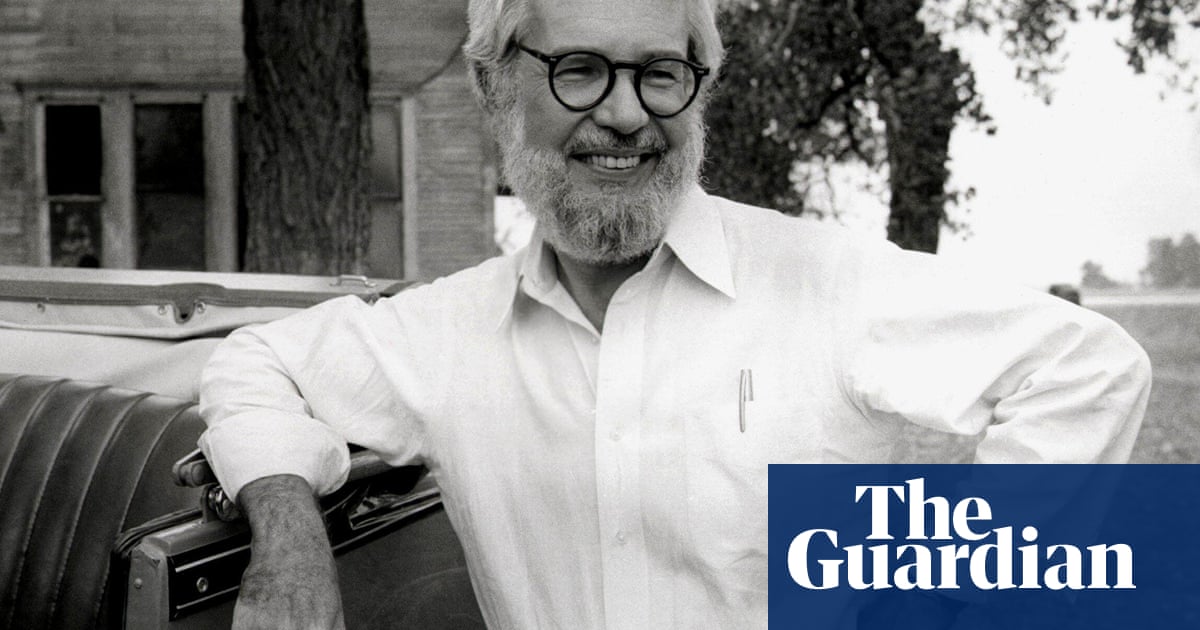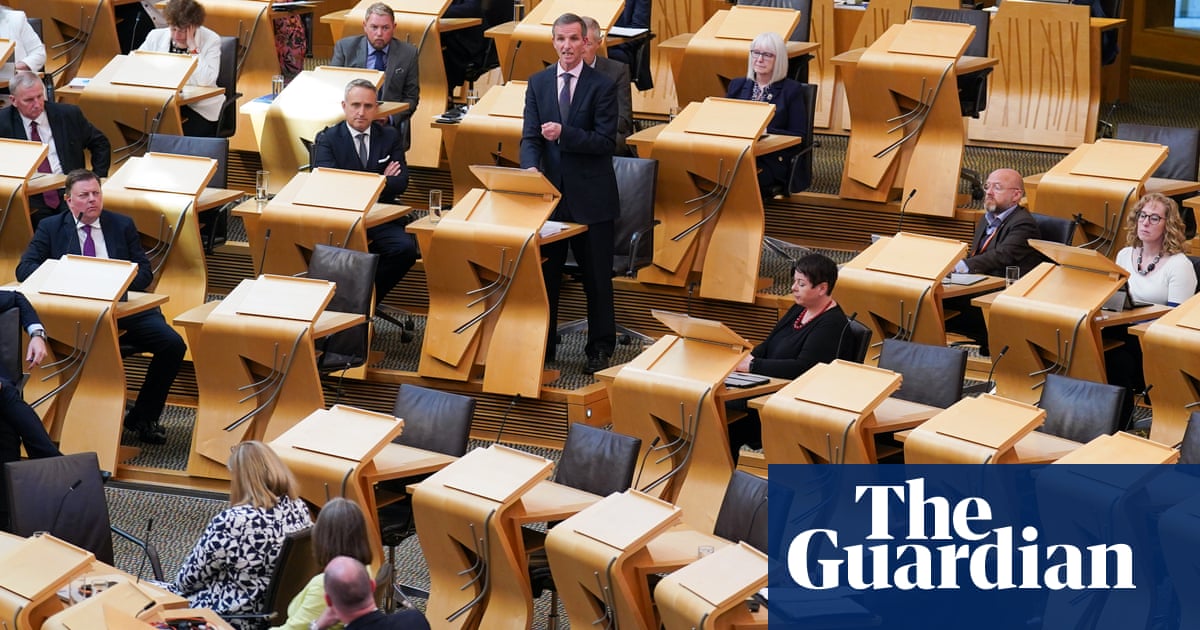“I hate sitting in silence now,” Nikki Packer says. A quiet room reminds her too much of the police cell she was taken to and locked into just hours after undergoing a traumatic stillbirth.
Arrested in hospital by uniformed officers, while still recovering from surgery, she was accused of carrying out an illegal abortion. It took four-and-a-half years for her case to come to court, where last week she was unanimously cleared by a jury.
Packer, 45, was charged with “unlawfully administering to herself a poison or other noxious thing” with the “intent to procure a miscarriage”, after taking abortion pills prescribed to her by a registered provider during the November 2020 Covid lockdown.
Under emergency legislation introduced during the pandemic – and later made permanent – medication could be dispatched by post for pregnancies up to 10 weeks’ gestation.
Packer went on to deliver a foetus estimated to be around 26 weeks’ gestation. The prosecution had claimed she had known she was more than 10 weeks’ pregnant when she took the pills; an allegation Packer had always denied.
She may have been found not guilty, but Packer knows she will never be the same; she is nervous of seeking medical help now.
At her trial, the prosecution tried to claim she was lying when she said she did not initially tell medical staff (who went on to call in police) that she had taken abortion pills because she was afraid it would affect the quality of care she received.
“But they didn’t really help me, did they?” she says. “So I think I was right to be frightened.”
And she no longer trusts the police – when her phone died, and she needed help, she asked the drunk man outside a London station for directions, rather than the police officer.
She also knows she has not yet fully processed the enormity of what happened to her. Just days after the verdict, “I’m still running on adrenaline,” she says. But she is seeking answers from the Crown Prosecution Service and the Met police as to how she got here.
“There are other ways that it could have been handled after I’d been in hospital,” she says. “I could have been sent home to recuperate. There was no legal need for me to be taken straight to a police station.”
“It was absolutely horrific to get to from the hospital to Charing Cross police station,” she added. With no cars available, she was put in the back of the police van, and “I had to sit basically on a plank of wood, with no seat belts on it, driving around London like that.”. In custody, she was not given her anti-clotting medication on time, told it was “not a priority”.
“I was still in pain, I was extremely tired, I felt very weak and mentally, just did not really understand what was going on,” she said.
The prosecution clouded her life for almost half a decade. “I kept doing things, but you’re not fully present in the moment,” she says.

She spent tens of thousands of pounds on her defence. A crowdfunder helped to meet at least some of her costs. “I read all [the comments] several times,” she says. “I was reading them in the run up and during the trial as well. There are so many people out there that don’t believe this should be happening, there’s so much support.”
Years before her case ever reached Isleworth crown court, Packer’s barrister, Fiona Horlick KC, asked her what she was most of afraid of.
“I’m most scared going to prison,” she says. The next worst thing, was “the trial, just giving evidence and having to be speaking in front of all these people”.
She knew she had the option to plead guilty, but she did not consider it for more than a “split second,” she says. “I couldn’t have looked at myself doing that, because it wasn’t true.”
While she waited for her case to come to court, she saw another woman, Carla Foster, convicted of, and jailed for, an illegal abortion, before her sentence was suspended by the appeal court.
“I was really angry, angry that she had to go through this,” Packer says. “She spent 35 days in prison. Why? Who did that help? What was the point? There was no point in sending her to prison, and then you have to think about the impact on the rest of her life.”
But the case also brought home the reality of what she herself was facing, and she began asking herself questions she had never imagined having to contemplate. “How do I prepare for the worst outcome?” she says. “Do I rent my flat out and cancel Netflix? What do I do? I don’t know. I’ve never been in this situation before.”
“The rational part of your brain can tell you it’s unlikely to happen, but then the other part … it still could happen,” ” she adds. “So it’s a horrible thing to live under, and the fact that it comes with a potential life [sentence] in prison.”
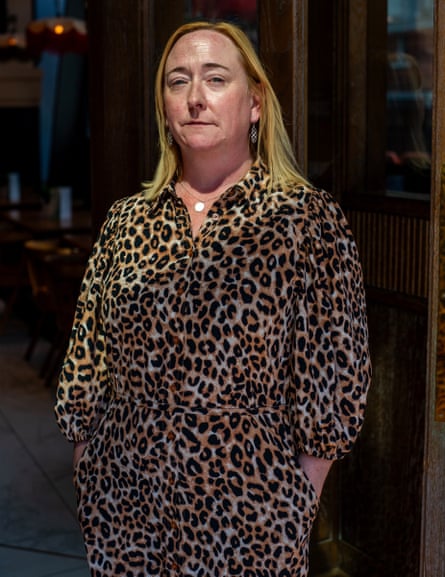
When Packer’s trial finally came around at the end of April, the prosecution opening including details of her sex life, which included her being part of BDSM communities.
“It was completely unnecessary, and it was just done to make me look bad,” she says. “And potentially you’re dealing with something that people may never have heard of, wouldn’t understand, may have a bad opinion of. It was completely not needed.”
At one point, Packer was forced to sit in court while lawyers discussed the size of her nipples with the judge. Intimate photographs of her were shown to the jury; evidence of her flat stomach.
“It was quite humiliating,” she says,. “I didn’t want anybody to see those photos, but I knew that it was for my own good.
“We hid what we could, but because my nipples were such a hot topic, we couldn’t blank them out in pictures,” she says. “It’s not nice knowing that people have seen such intimate pictures of you.”
“It was horrendous giving evidence, absolutely awful,” she says. “It was very upsetting, I spent most of the time crying while I was doing it, but I got through it because I knew that I was right.”
And the jury agreed, finding her not guilty after around six hours of deliberations.
“It was just wonderful to get that verdict,” she said. “I just feel that although the last four and a half years been absolutely horrific, I don’t know if I could say at the moment it was worth it, but to have that validation of being found unanimously not guilty by a jury of my peers, it’s an amazing thing.”
Having cleared her name, Packer is now throwing her weight behind the voices calling for a change in the law that would see abortion decriminalised. A parliamentary vote is expected on the issue as early as this summer.
“I do hope that the law does get changed – it should do,” she said. “Abortion is healthcare. It should not be treated as anything other than that.”
“We recognise the profound strength of feeling these cases evoke, but have a duty to apply laws passed by parliament fairly and impartially,” a CPS spokesperson said.
“This could happen to anybody, I think that’s what’s really scary about it,” Packer says. “With the law being as it is, a tragic accident and you’re up on trial, and it’s why the law needs to change.”
Packer wants to make history as the last woman in England to be prosecuted for an abortion. She has heard of other women whose cases are in the criminal justice system, at earlier stages – and she wants to use her voice to ensure they never see the inside of a courtroom.
“I can’t really say it was worth it,” she says, “but at least it would have meant something.”
Aside from campaigning for legislative change, how does Packer plan to move on from this? “That is a very good question,” she says. “I do feel a bit like I need to find myself again.”
While awaiting trial, she sought comfort in familiar music and television; she listened to the same albums from her favourite rock artists on repeat, rewatched her favourite series’ back-to-back. But she found she could no longer watch Orange Is The New Black.
“I had to turn it off,” she says. “I couldn’t watch it any more because I started to get a really eerie feeling; this is set in a prison, I might go to a prison.”
But, she adds: “I started re-watching it last night.”

 4 hours ago
7
4 hours ago
7
